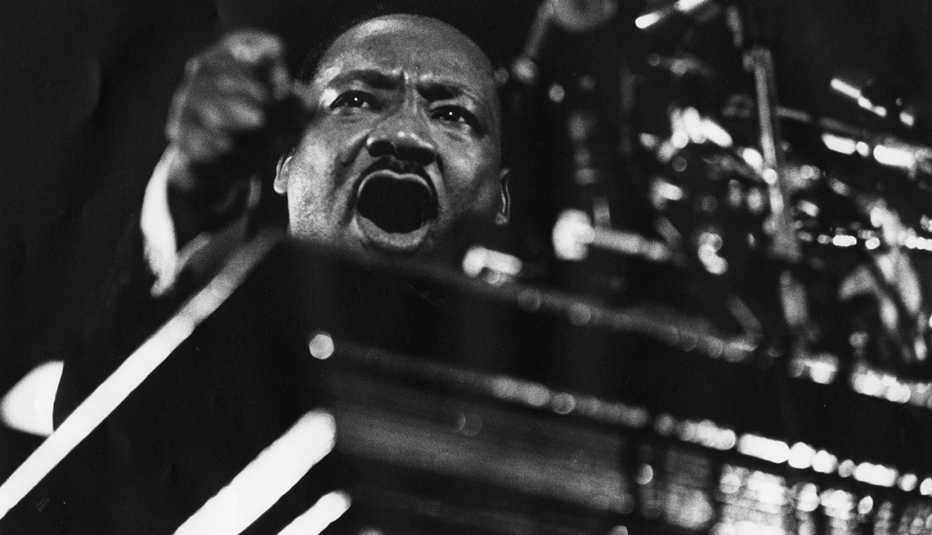Staying Fit


Where to watch: CNN; after broadcast on demand on cable and satellite and streaming on CNNgo
Air date: Sunday, May 27, and Monday, May 28, 9-11 p.m. ET
The most exciting thing on TV this Memorial Day weekend is the documentary series 1968: The Year That Changed America, produced by Tom Hanks, 61, who besides his movie star gig rivals Ken Burns, 64, as America’s leading historian onscreen. Hanks should get his 16th Emmy nomination for this two-night, four-part, deep dive into a year that outdoes 2018 for tumultuous changes — many of which have a familiar ring.
There’s a controversial game-changer president (Lyndon Johnson) with historically low approval ratings, bloody political riots, a crisis in Korea, a fractured nation at endless war abroad (and also with itself) and an unprecedentedly close — and ugly —presidential election nearly upended by charges of illegal foreign interference.


AARP Membership— $12 for your first year when you sign up for Automatic Renewal
Get instant access to members-only products and hundreds of discounts, a free second membership, and a subscription to AARP the Magazine.
And it all looked so promising when 1968 began. In the documentary, we hear Johnson crowing about his Medicare and Medicaid programs helping 25 million Americans, and Jesse Jackson noting , “In terms of civil rights, no tree in the forest is as tall as Abe Lincoln, except Lyndon Johnson.” Then all hell breaks loose, cities erupt in flames, George Wallace leads a third-party candidacy that fails (yet also forged the new coalition that now rules America) and Johnson wonders why the people he did so much for turned on him so bitterly.
1968 clarifies why Americans turned on each other in ways that still affect us today. Hanks’ team packs in a plethora of history in a hurry, brilliantly sorting it all out with archival footage (much of it rare or never before seen) and sharp, concise interviews with power players who were there, cogent journalists, reflective historians and even music and film critics. The show weaves together bewildering events and the important tunes and movies that influenced our thoughts about the amazing things erupting nightly on the news. The soundtrack alone will bring you back, from “The Sound of Silence” to the Chambers Brothers’ “Time Has Come Today.”

































































More on Entertainment
Celebrating Dr. Martin Luther King Jr.’s Legacy and His Belief in Nonviolence
Civil rights leader called for positive action more than 50 years ago
Tyler Perry Reflects on MLK's Legacy
50 years after the civil rights leader’s death, he talks about push to keep moving forwardThe Kennedy Family Trivia Quiz
How much do you know about the Kennedys? Test your knowledge